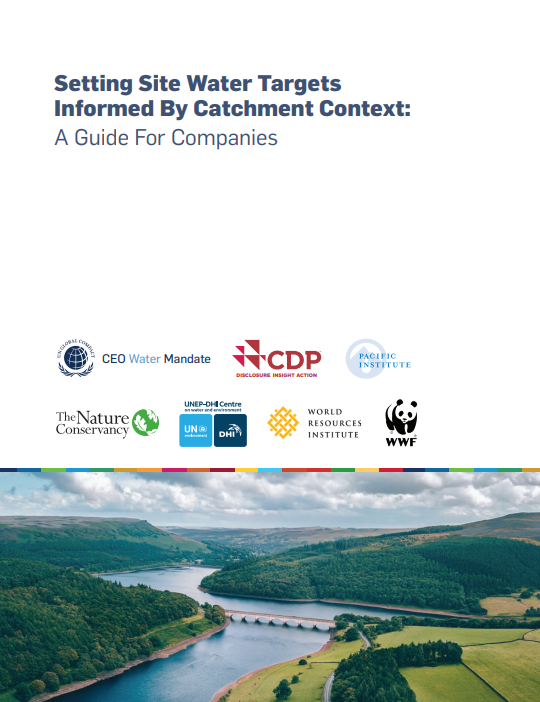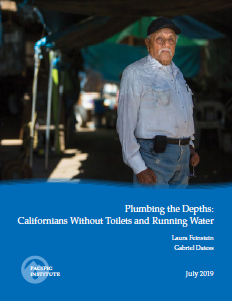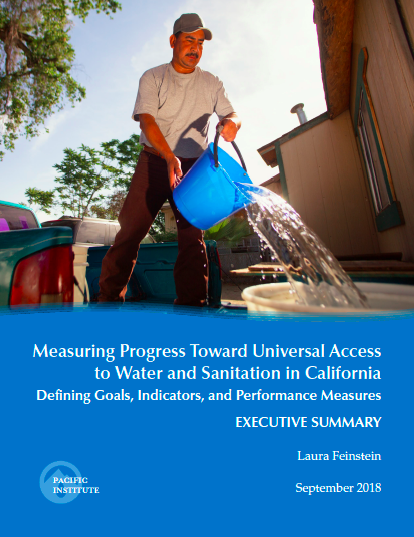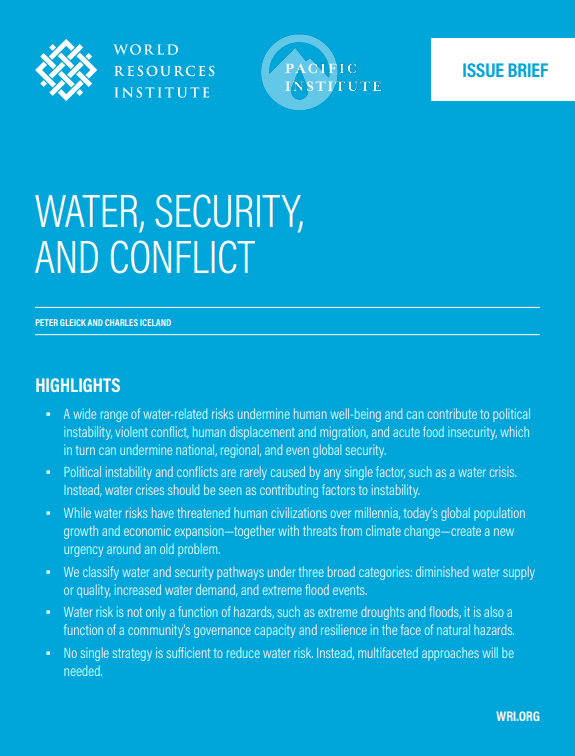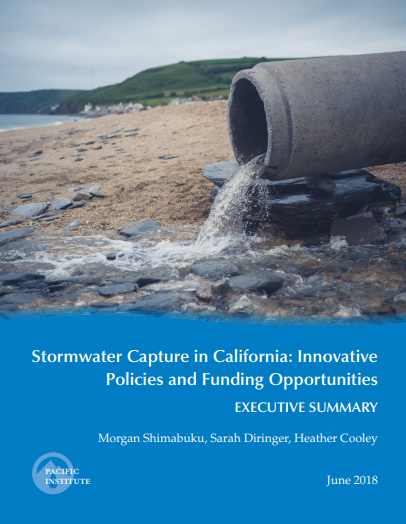1064 Resources
November 2021 Newsletter
November 30, 2021 | announcement
The monthly newsletter features the Pacific Institute’s research, publications, news about past and upcoming Institute staff outreach efforts, and media coverage of its work and analysis.
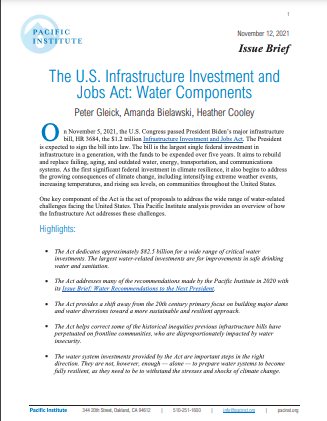
The U.S. Infrastructure Investment and Jobs Act: Water Components
November 13, 2021 | publication
On November 5, 2021, the U.S. Congress passed President Biden’s major infrastructure bill, HR 3684, the $1.2 trillion Infrastructure Investment and Jobs Act. The President is expected to sign the bill into law.
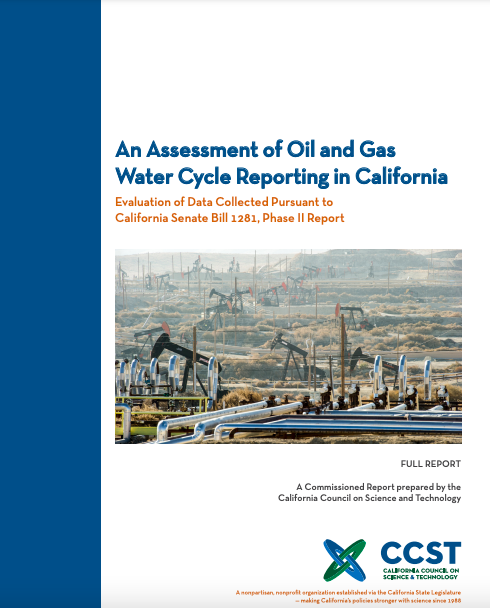
An Assessment of Oil and Gas Water Cycle Reporting in California
November 12, 2021 | publication
In the context of severe drought in California, Senate Bill 1281 (2014, Pavley) expanded reporting requirements for the state's oil and gas industry regarding produced water — the water extracted from oil and gas production. The intention of the bill is to ensure the ability to assess impacts on California’s water resources, public health, and the environment.
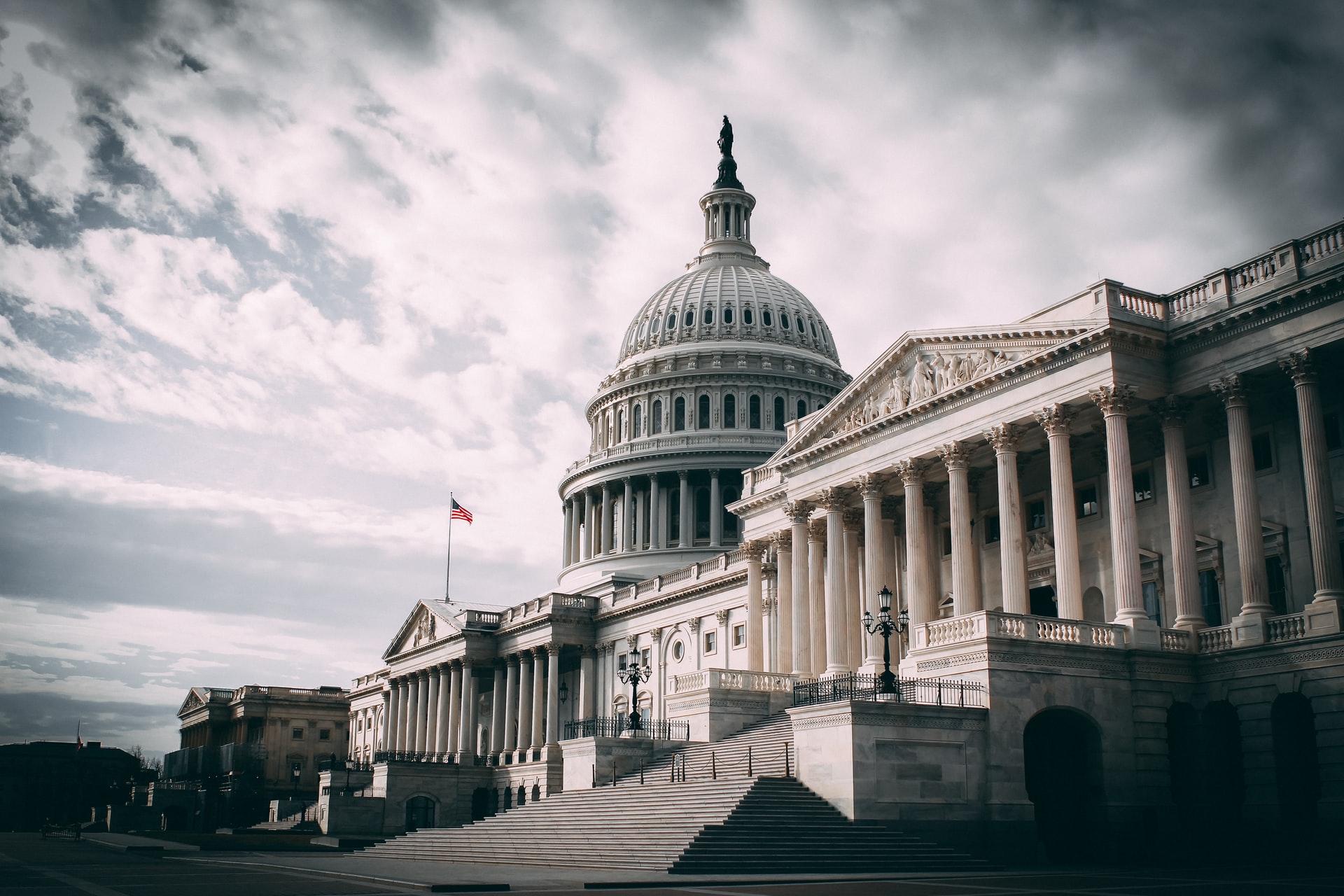
The U.S. Infrastructure Plan: Water Components
November 8, 2021 | post
On November 5, 2021, the U.S. Congress passed President Biden’s major infrastructure bill, HR 3684, the $1.2 trillion ‘‘Infrastructure Investment and Jobs Act.” The President is expected to sign the bill into law. The bill is the largest single federal investment in infrastructure in a generation, with the funds to be expended over five years...
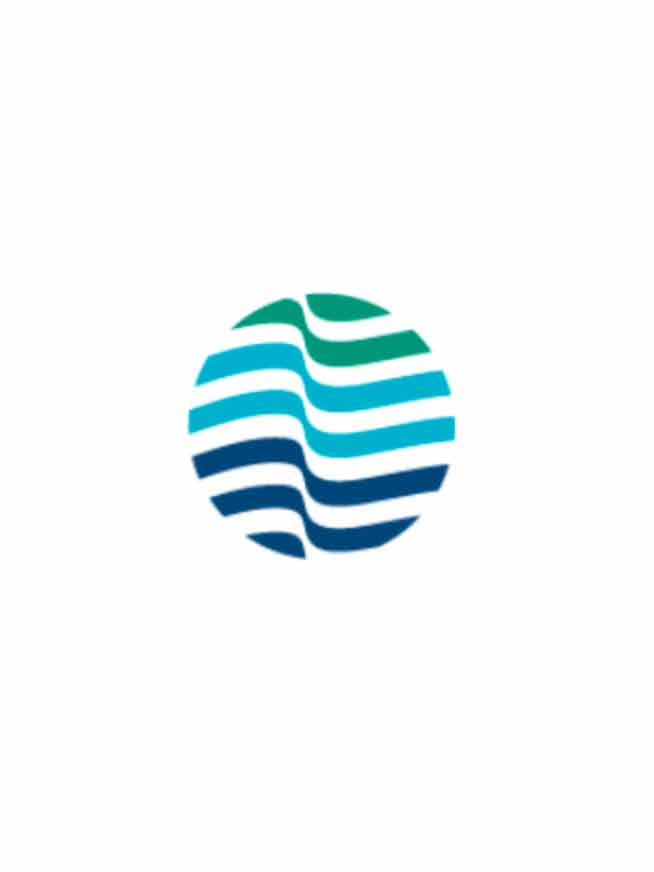
Op-Ed: Does the Bay Area Have the Water It Needs to Grow?
October 29, 2021 | publication
It seems as though the two things the Bay Area has the least of are housing and water. The region has a shortfall of 699,000 housing units, which has driven housing costs to astronomical heights, and pushed 35,000 of our neighbors into temporary housing or onto the streets. Our colleagues at San Francisco Bay Area Planning and Urban Research Association (SPUR),a public policy think tank, have found that the region needs to build an astonishing 2.2 million homes by 2070 to meet future demand and make up for the present shortfall.
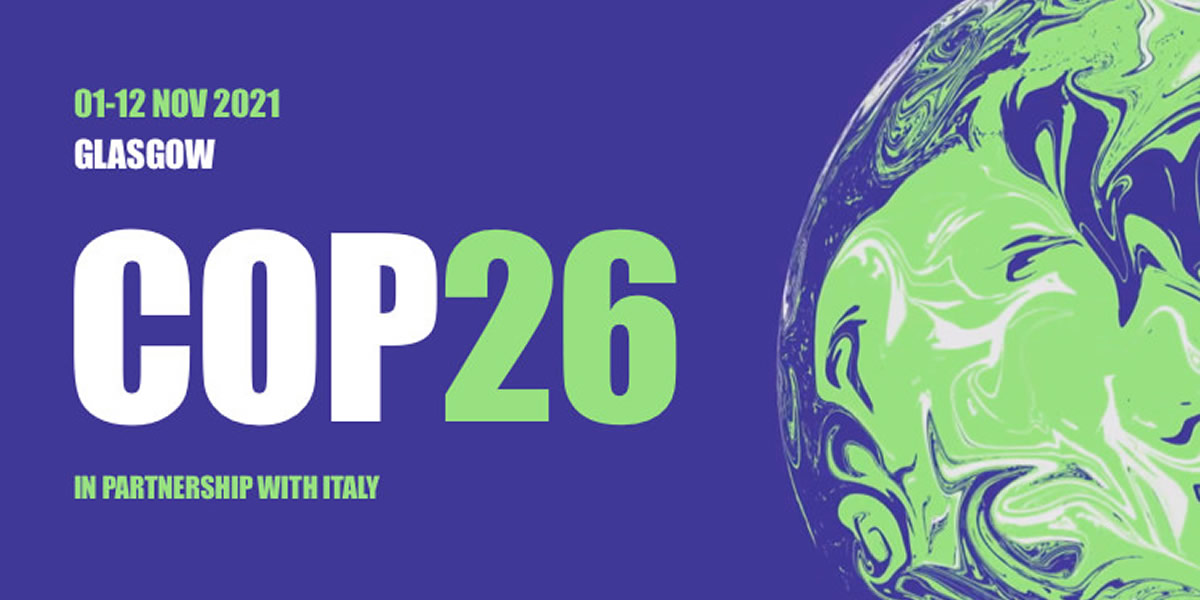
Pacific Institute: An Urgent Call to Build Water Resilience
October 29, 2021 | video
The world is facing a global water crisis marked by growing competition for freshwater resources, rapidly deteriorating water quality, poor and declining ecosystem health, unprecedented biodiversity loss, and a failure to meet basic water and sanitation needs. This crisis is exacerbated by population growth, unsustainable consumption patterns, and, increasingly, climate change.

Pacific Institute Launches Water Resilience Issue Brief, Calls on Decision-makers to Rapidly Scale Water Resilience Solutions in Build-Up to COP26
October 29, 2021 | post
Never before have the global water and climate agendas been so closely linked. More than 30 years ago, the Pacific Institute made some of the earliest projections about how climate change would wreak havoc on the water cycle. Today, we see many of these impacts before our very eyes. Amid climate change, intensifying floods and droughts have affected people, nature, and economies.
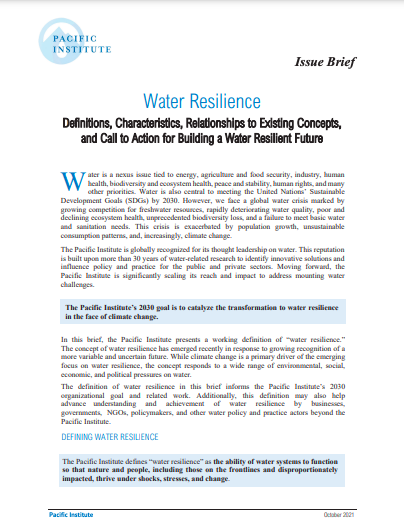
Water Resilience
October 29, 2021 | publication
The world is facing a global water crisis marked by growing competition for freshwater resources, rapidly deteriorating water quality, poor and declining ecosystem health, unprecedented biodiversity loss, and a failure to meet basic water and sanitation needs.
COP26 Is a Unique Moment in Time for Water and Climate
October 29, 2021 | announcement
As we approach COP26 in Glasgow, the Pacific Institute recognizes how pivotal this United Nations Climate Change Conference will be in advancing water on the global climate agenda. After decades of work by water leaders to integrate water and climate solutions, COP26 presents a unique moment in time.
New Article Tackles Global Water Scarcity
October 24, 2021 | announcement
October 24, 2021, Oakland, California -- The article "Freshwater Scarcity" was recently published in the Annual Review of Environment and Resources. The availability and use of fresh water are critical for human health and for economic and ecosystem stability.
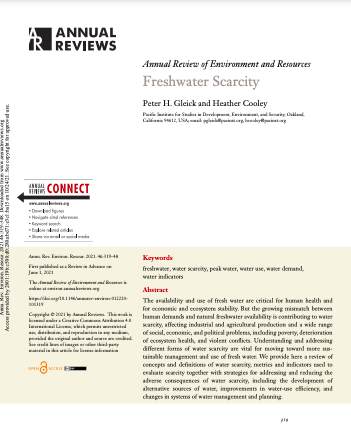
Freshwater Scarcity
October 24, 2021 | publication
The availability and use of fresh water are critical for human health and for economic and ecosystem stability. But the growing mismatch between human demands and natural freshwater availability is contributing to water scarcity, affecting industrial and agricultural production and a wide range of social, economic, and political problems, including poverty, deterioration of ecosystem health, and violent conflicts.
October 2021 Newsletter
October 22, 2021 | announcement
The monthly newsletter features the Pacific Institute’s research, publications, news about past and upcoming Institute staff outreach efforts, and media coverage of its work and analysis.
San Francisco Bay Area Can Build More Housing Without Using More Water, Finds Report
October 21, 2021 | announcement
October 21, Oakland, California – Today the Pacific Institute and SPUR released Water for a Growing Bay Area. The San Francisco Bay Area is projected to add two million jobs by 2070, attracting millions more people. To prevent housing from becoming even more unaffordable, the region needs to build 2.2 million new housing units.
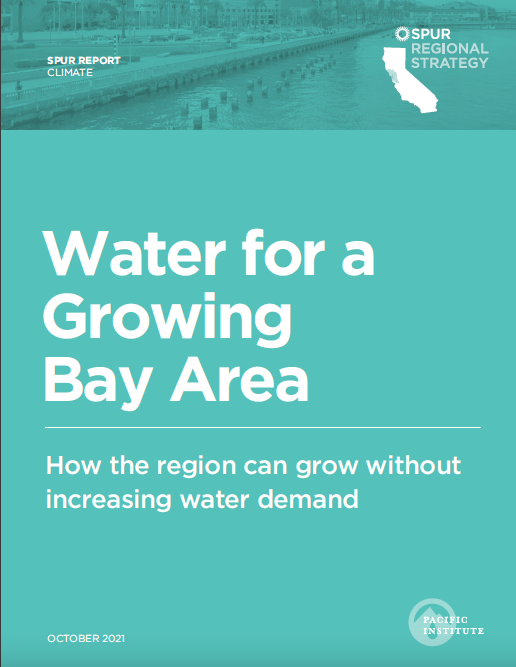
Water for a Growing Bay Area: How the Region Can Grow Without Increasing Water Demand
October 21, 2021 | publication
The San Francisco Bay Area is projected to add two million jobs by 2070, attracting millions more people. To prevent housing from becoming even more unaffordable, the region needs to build 2.2 million new housing units.
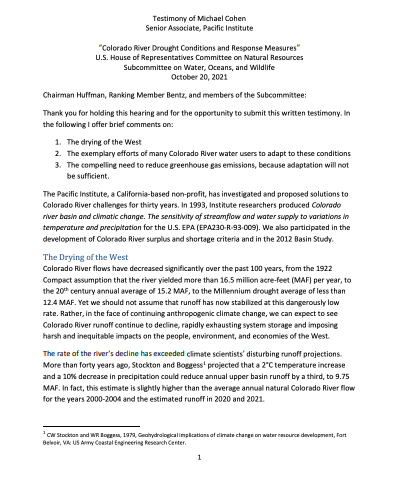
Testimony on Colorado River Drought Conditions and Response Measures to the U.S. House of Representatives Committee on Natural Resources Subcommittee on Water, Oceans, and Wildlife
October 20, 2021 | publication
Pacific Institute Senior Researcher Michael Cohen submitted written testimony to the U.S. House of Representatives Committee on Natural Resources Subcommittee on Water, Oceans, and Wildlife for their October 20, 2021 hearing on drought conditions in the Colorado River Basin and potential response measures.
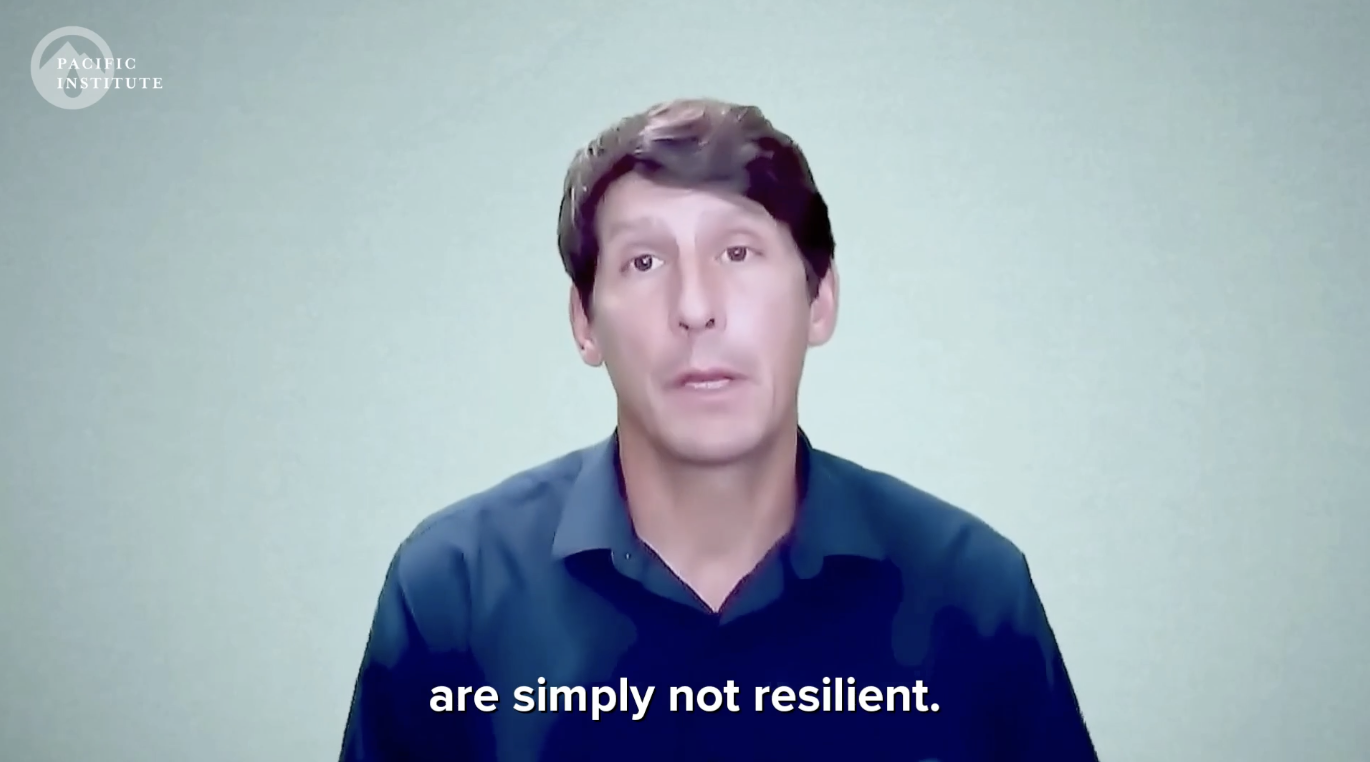
Pacific Institute: An Urgent Call to Build Water Resilience
October 17, 2021 | video
The concept of water resilience has emerged recently in response to growing recognition of a more variable and uncertain future. In this video, Pacific Institute President Jason Morrison calls for accelerated action towards global water resilience.
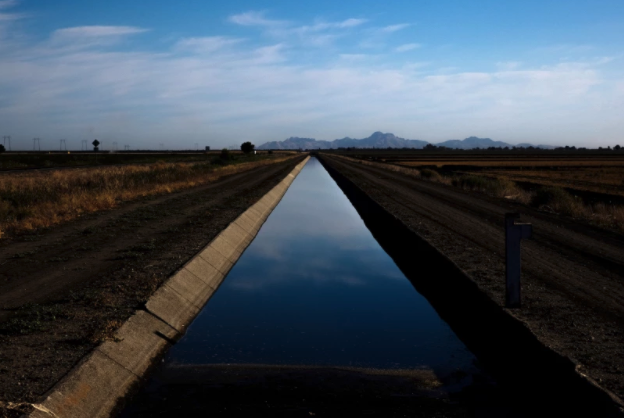
Op-Ed: Happy New Water Year — Californians Have to Face Some Difficult Wet Season Truths
October 4, 2021 | publication
Happy New Water Year. For those of us who work on California water challenges, the start of the new year isn’t Jan. 1; it’s Oct. 1, the official beginning of the state’s wet season.
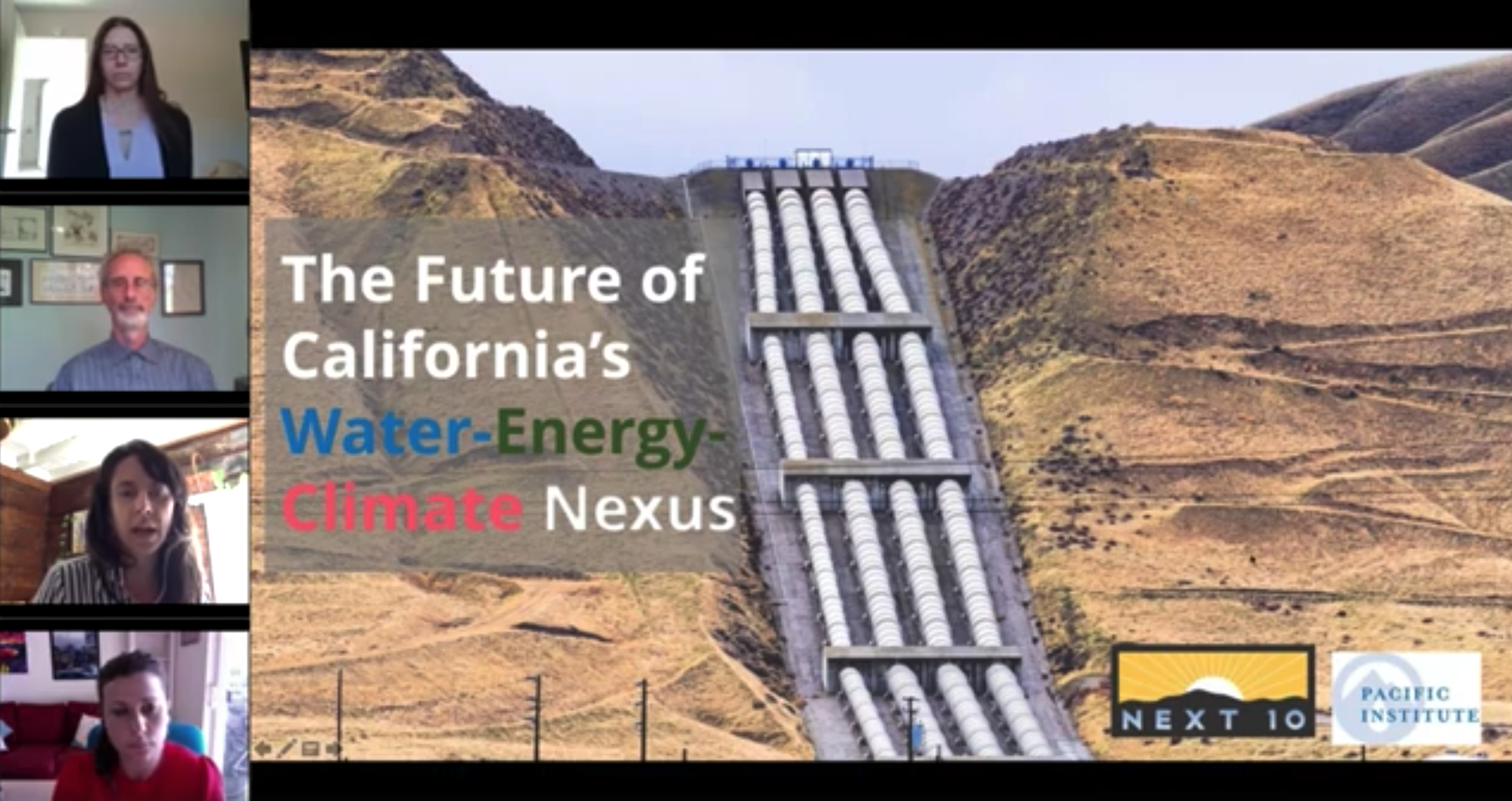
The Future of California’s Water Energy Climate Nexus
September 29, 2021 | video
In this briefing, the Pacific Institute joined Next 10 to discuss California's water-energy-climate nexus. Pacific Institute Researcher Dr. Julia Szinai, Director of Research Heather Cooley, and President Emeritus Dr. Peter Gleick explored key findings of their report on this topic and implications for water, energy, and climate policy. The discussion was moderated by Colleen Kredell, Director of Research at Next 10.
September 2021 Newsletter
September 27, 2021 | announcement
The monthly newsletter features the Pacific Institute’s research, publications, news about past and upcoming Institute staff outreach efforts, and media coverage of its work and analysis.
California Budget Includes Billions for Water, a “Hopeful Step Toward Realizing the Human Right to Water in California”
September 20, 2021 | announcement
California state lawmakers have passed a 2021-2022 state budget that includes $2billion for drinking water, wastewater infrastructure, and program support, with a focus on underserved and small communities.
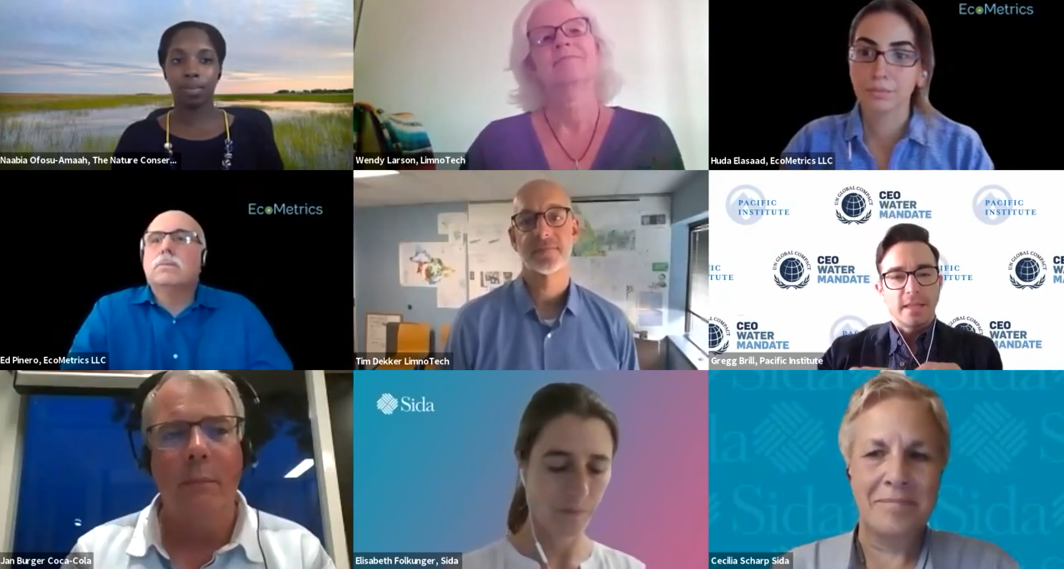
Tools of the Trade: Benefit Accounting of Nature-Based Solutions (WWW 2021)
September 20, 2021 | video
This session showcases innovative tools that can support the business case for NBS investments and allow companies to make informed decisions regarding water security, climate resilience (including greenhouse gas emissions reduction) and biodiversity conservation.
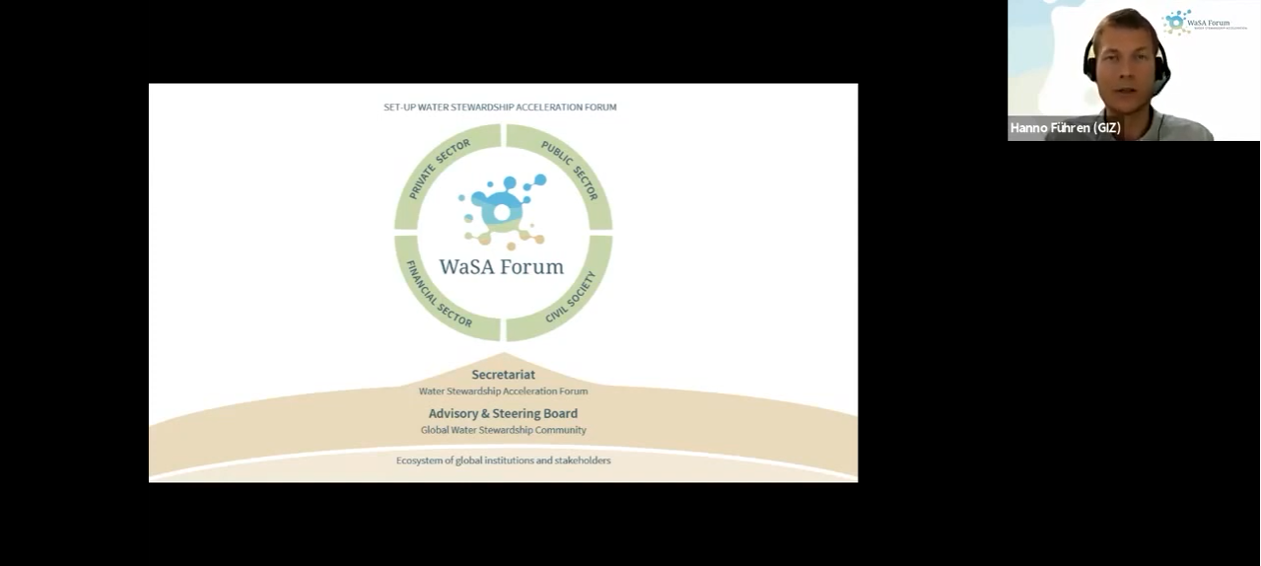
Formation of a Water Stewardship Acceleration Forum (WWW 2021)
September 20, 2021 | video
The session kicks-off with an overview of the stewardship approach, its potential and examples of current initiatives as well as the existing stewardship landscape including relevant actors, gaps, and challenges.
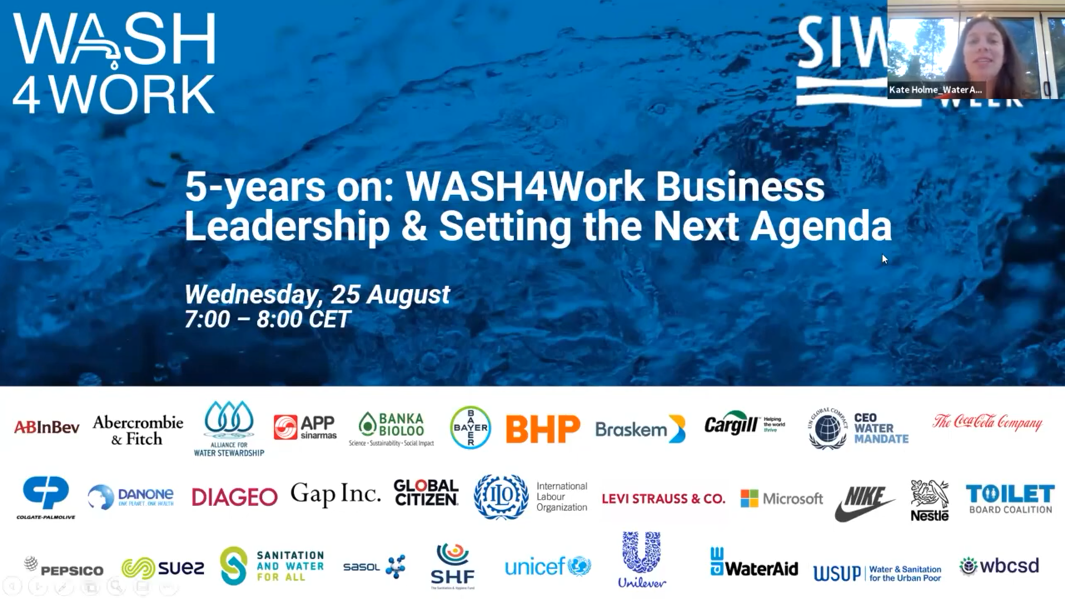
Five Years On: WASH4Work Business Leadership & Setting the Next Agenda (WWW 2021)
September 20, 2021 | video
This session features WASH4Work members sharing key learnings, including the business case for WASH as well as WASH best practices in operations, supply chains, and communities. This session also launches a discussion about the future-looking agenda of Climate Resilient WASH.
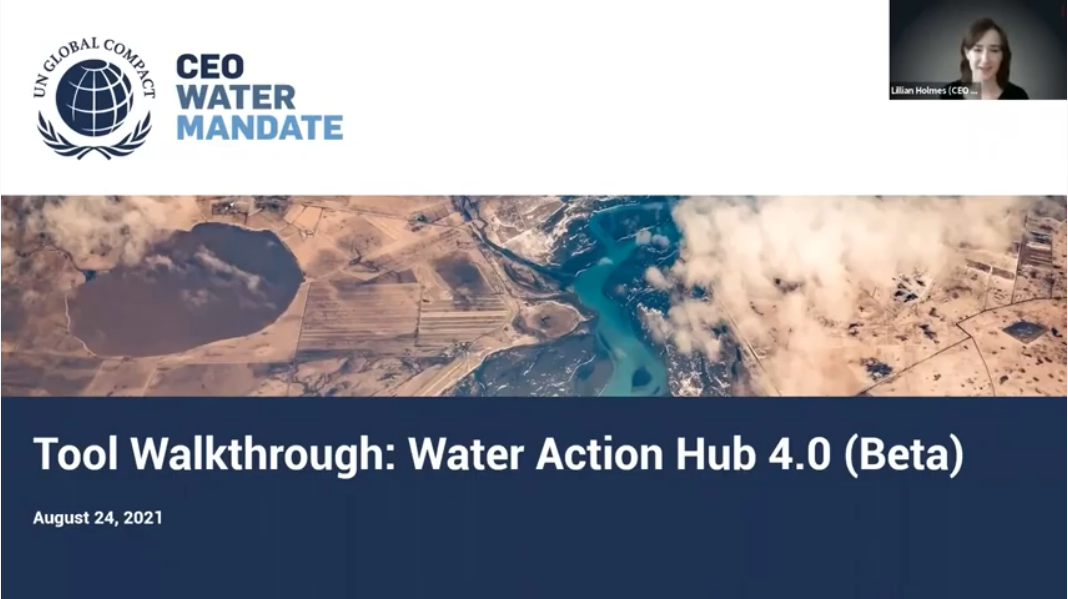
Water Action Hub 4.0: Accelerating Action, Building Partnerships (WWW 2021)
September 20, 2021 | video
The Water Action Hub is a free global online collaboration and knowledge-sharing platform connecting more than 1,000 businesses, NGOs and others around the world to foster collective action.
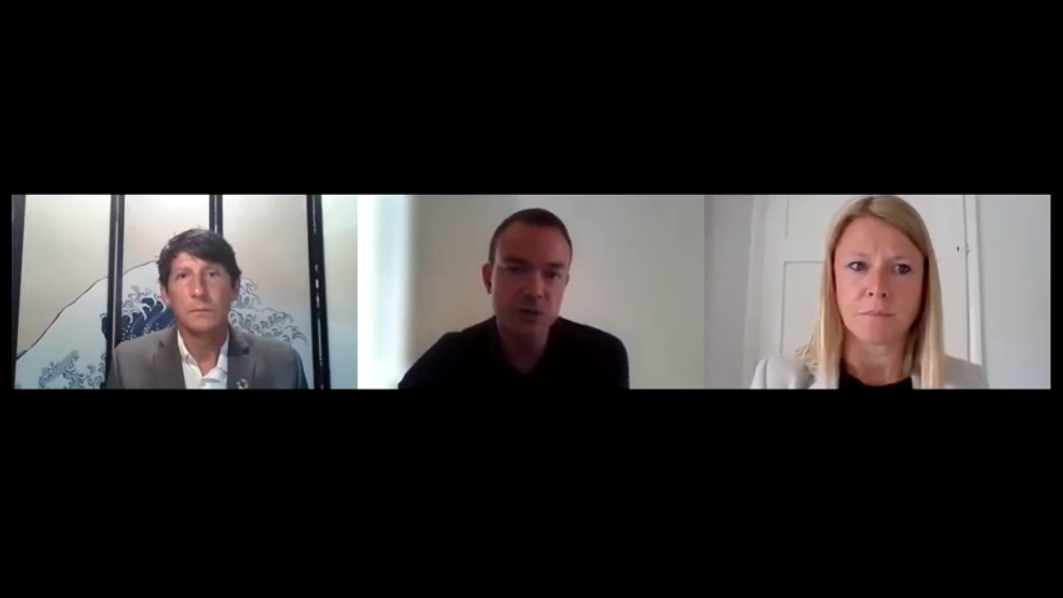
The Private Sector–Water and Climate Resilience in Uncertain Times 1/3 Corporate Leadership (WWW 2021)
September 20, 2021 | video
This seminar convenes business leaders with diverse stakeholders to consider leadership positions, advances in science and practice and robust solutions to build resilience to our wicked climate change problem. In this session, explore the importance of Corporate Leadership in building water stewardship.
Page 9 of 43



